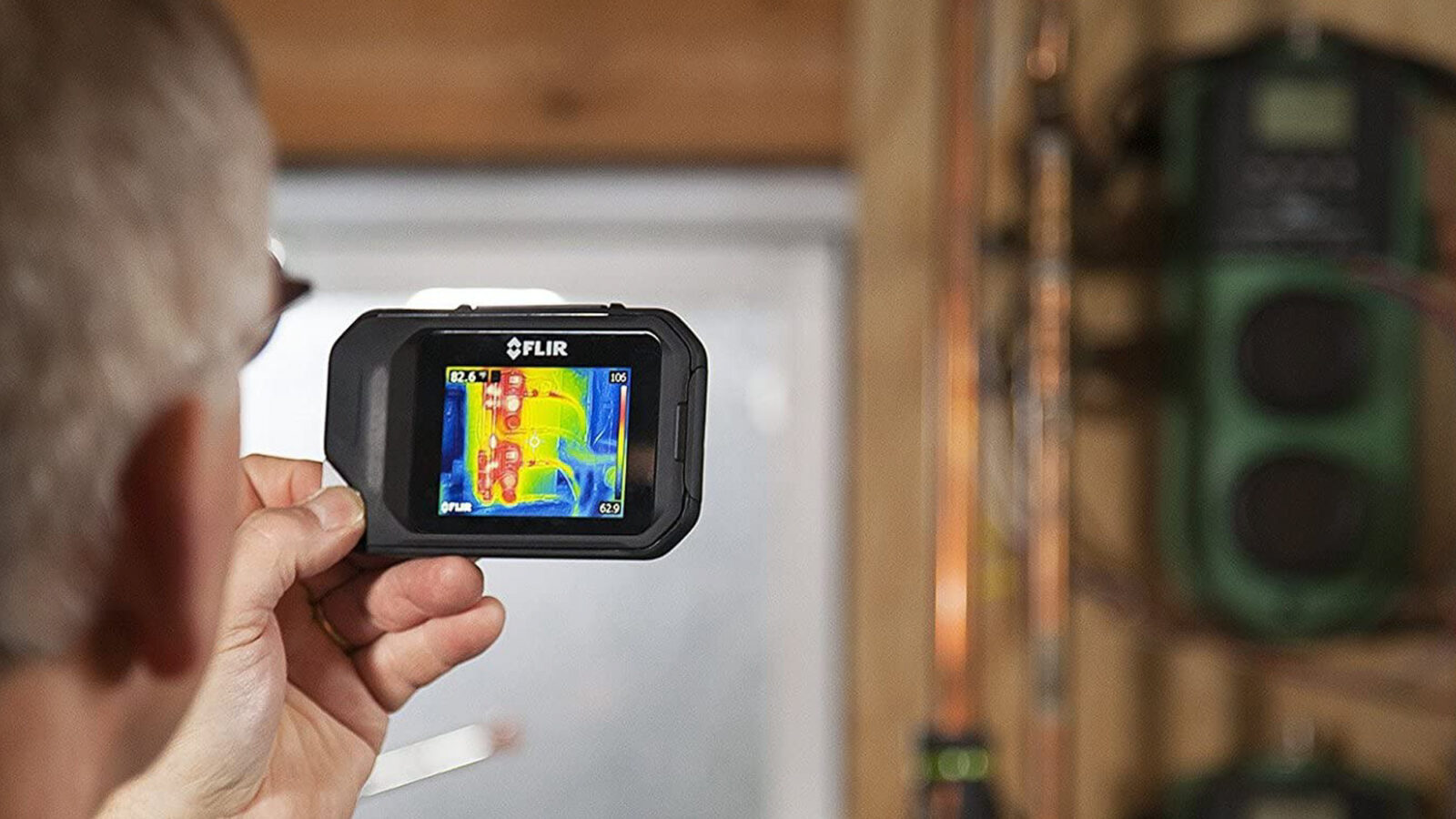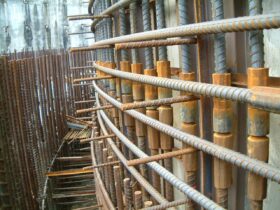The world today has revolutionized in every aspect from shopping, security, entertainment, and teaching, all thanks to technology. These developments make life better and safe from anywhere around the globe. One of these developments is the high resolution thermal camera, an invention with improved capabilities and higher-grade security at home, office, or business establishments.
As with all inventions, a thermal imager has two sides; good and bad. However, a detailed understanding of the device will help you make an informed choice when purchasing it. This post seeks to elaborate on the advantages and disadvantages of this exceptional device.
High-Resolution Thermal Camera
This camera passes for the epitome of technology as it combines a constant zoom aptness, the latest version of High-Operating Temperature (HOT), and an MWIR detector hence the exemplary imaging. The device is developed with an extended range in performance for applications like Counter-UAS and Supervision platforms.
A high-resolution thermal camera is ideal for dryland and suitable for naval surveillance and fire applications. High-Definition (HD) resolution grants earlier identification of targets, allowing for a decision window where the user can decide the appropriate action. As for motion output, it’s in a digital format (HD-SDI) that puts it in a position to integrate with current or future and future set-ups.
Advantages and Disadvantages of a High-Resolution Thermal Camera
Installing a high-resolution thermal camera at home, work, or the office is a step up to high security because the imager lets the user zoom x14 to the target. Therefore, the user closes in on a target to help achieve exact identification. If need be, you can set up the imager for discrete areas as it has a focal range of 30 – 500 mm. Here’s why you need a high-resolution thermal imager.
Delivery of precise Supervision
The device is perfect for sensitive areas like homes, offices, industries, or corners that need effective surveillance. No external lighting is required for a high-resolution image to function and deliver exemplary images because it uses human radiated heat to capture targets. This peculiar feature makes the camera ideal for installation in hidden spaces.
Weatherproof
No weather condition will impact the device, from moisture to extreme heat. It’s designed to withstand adverse climatic conditions to produce the same quality images irrespective of prevailing weather.
Capture clear, distant Images
A regular camera will not deliver clear distant images. However, high-resolution images capture radiated heat from the human body, including for distant living things and their movement.
Easy to maintain
High-resolution thermal imagers don’t require frequent maintenance hence serving you headache free.
Cost-effective device
Installing high-resolution imagers is costly initially, which is a concern for most people. However, the cost is leveled by its longevity, high performance, and weatherproof capabilities, making them cost-effective.
Distinctive Images
The images captured are distinct, meaning you can differentiate targets instantly. Traditional surveillance cameras aren’t clear enough for users to differentiate between an animal and a man, especially in poor lighting or visible light imagers.
Functions well any time
This device is accurate in imaging, meaning it doesn’t matter whether it’s day or night.
Disadvantages of Thermal Imaging Camera
The high-resolution thermal imaging camera was developed after serious study and analysis. Moreover, the integration of several technical elements for the best results. In a nutshell, thermal imaging cameras are unbeatable or come second to no other technology, especially visible light imagers. However, as excellent as a thermal imager is, there are a few drawbacks to be aware of;
- High-resolution thermal imagers need high installation costs.
- Targets with erratic temperatures make it challenging to interpret particular images.
- Reflections can hinder accurate temperature measurements when capturing images.
- A thermal imager can’t be used to study underwater subjects.
- High-resolution thermal cameras have an accuracy of +/-2% and sometimes worse, especially in temperature measurement, which might not be constant for other options.
- Thermal imagers can’t capture images through glass since thermal energy doesn’t reflect off shiny surfaces and can’t see through.
Conclusion
Now that you’ve learned the above elaboration about a high-resolution thermal camera, you can quickly determine if it’s ideal for your needs. However, you need to inspect and analyze where to place it, the kind of use, and assess possible threats to get the best out of the device. After your mind is made, identify a reputable manufacturer to purchase an authentic device and have the advantage of installation and assistance when needed.










